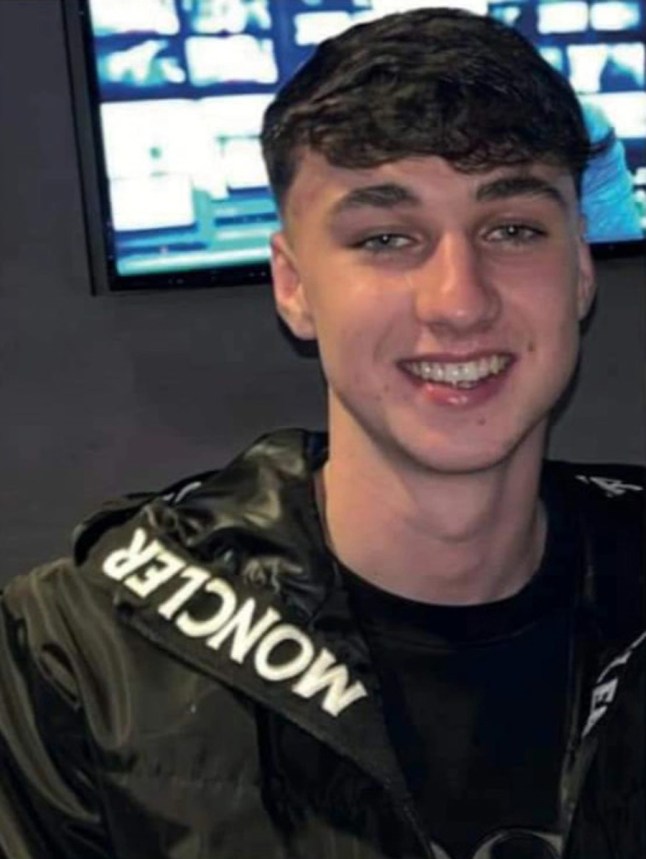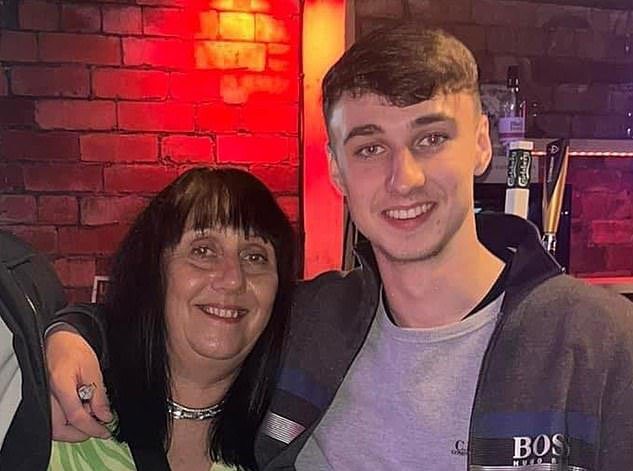Jay Slater inquest told police ‘can’t find’ his best friends Lucy Law and Brad Hargreaves


An inquest into the death of Jay Slater has heard that the two best friends who were with him before he disappeared ‘cannot be located’.
Jay, 19, from Oswaldtwistle, Lancashire, vanished after attending the Spanish island’s NRG music festival last June.
His remains were found near the village of Masca 29 days later.
The disappearance captivated millions on social media, with TikTok, Facebook, Instagram and X flooded with a mix of conspiracy theories about drug cartels and claims about Jay’s past.
His best friends Lucy Law and Brad Hargreaves gave interviews in the early days of the search.
Lucy claimed he called saying he was lost, had only 1% of battery left and needed water.
Brad told reporters Jay had video called him saying he had missed a bus and was embarking on an 11-hour trek home over rough, stony ground.

At the beginning of the hearing at Preston Coroners’ Court, senior coroner Dr James Adeley said that both Lucy and Brad could have been key witnesses but have ‘denied who they are’ and ‘cannot be found’.
Dr Adeley, who also presided over the inquest of Nicola Bulley, told the court: ‘We can’t find them.
‘They have denied who they are, and we have had police looking for them but we can’t find them.’
And the two men who were staying at an Airbnb Mr Slater went back to before he disappeared have also not been traced.
Jay’s mum Debbie Duncan, who attended the inquest with other relatives, sobbed as she asked the coroner: ‘How can we ever get any understanding?
‘There’s things we want to question. We want these people to be sat in front of us, because our son went on holiday and didn’t come back, so there’s questions we need to ask.’
Dr Adeley agreed to adjourn the hearing at her request for the witnesses to be brought to court to give evidence before the inquest concludes.
A further hearing date has yet to be set.


The inquest heard Jay’s body was identified by his ‘palm print’.
Home Office pathologist Dr Richard Shepherd said: ‘There were extensive changes due to decomposition.
‘There were changes due to the period of time he was lying in a hot environment – changes I would expect to see in that period of 28 days or thereabouts.’
The pathologist said Jay suffered several injuries but one ‘to the head is by far the most important one in understanding why Jay died’.
Explaining that it involved ‘the application of considerable force’, he said: ‘The pattern of injuries is entirely consistent with a heavy fall from height.’
The head injury ‘would have had an immediate and devastating effect’, the expert continued, telling the court: ‘The injury is so severe that I have no doubt at all that he would have been rendered immediately unconscious.’
The pathologist has provided a cause of death as head injury. A CT scan showed there was ‘a severe fracture of the head’.
The Spanish authorities also concluded that the cause of Jay’s death was a severe traumatic brain injury, the inquest heard.

Toxicology expert Dr Stephanie Martin told the hearing there were difficulties checking for the presence of drugs or alcohol in a body so severely decomposed.
But she said analysis of Jay’s body showed traces of the presence of MDMA and MDA, commonly known as ecstasy along with cocaine and alcohol.
Dr Martin said because of the limitations of the analysis, she could not say exactly how much or how soon before death the drugs had been taken.
Analysis of samples by the Spanish authorities also showed the presence of ketamine which was not found in the UK samples.
Get in touch with our news team by emailing us at webnews@metro.co.uk.
For more stories like this, check our news page.